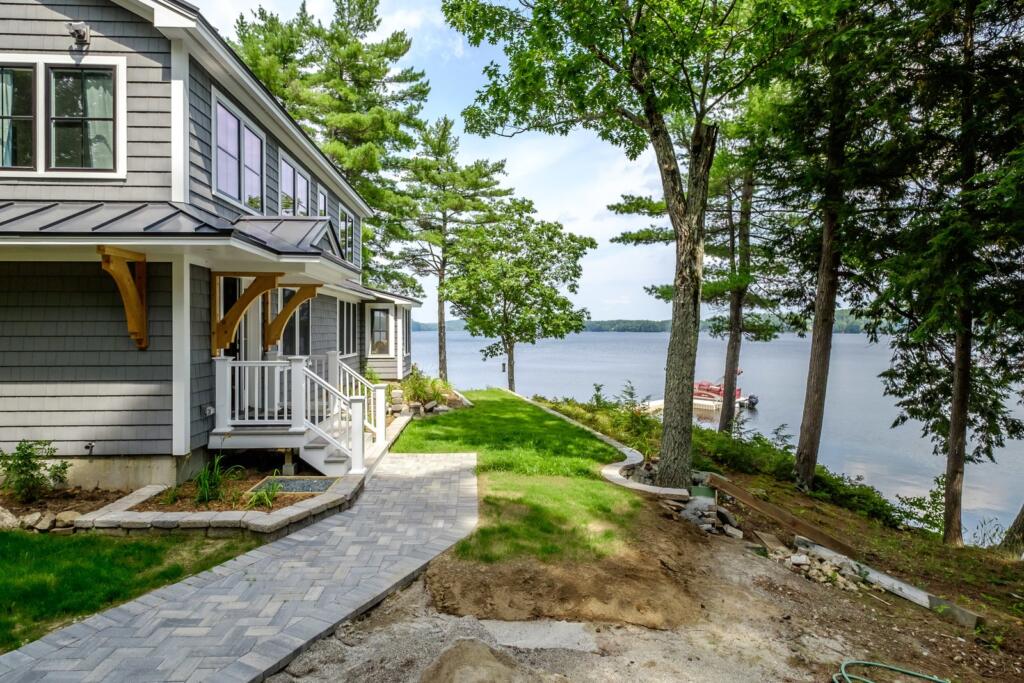
So you’ve bought the lake home with a stunning view, and now you’re ready to tailor the interior to fit your needs. Renovations are an excellent way to increase your home’s value and incorporate unique features. However, sometimes unexpected problems arise, but fear not—you can easily stick to your renovation budget with some strategic planning.
1. Conduct Extensive Research

Dazzling images of your dream kitchen and master bedroom swirl through your head. And you’ve scrolled through dozens of Pinterest boards to finalize whether you want quartz or marble countertops. However, not all materials are created equally, and it’s crucial to note price points before sketching out renovation plans. Plus, you must factor in the cost of labor.
As Dwell contributor Kate Reggev points out, the more you plan, the fewer changes you make later and the less money you spend. So, it’s important to detail every renovation you want to integrate—even the minuscule ones. As Imran Hamidi, principal at Laing + Simmons East Group, explains, extensive planning forces you to ponder which additions enhance the value of your home. If you research thoroughly, you can avoid needless spending and stick to your renovation budget.
2. Be Intentional During the Bidding Process

When you are eager to move into your lake home, it can be tempting to rush the renovations. However, it’s essential to explore your options before coming to a decision, especially during the bidding process. When selecting a contractor, many renovation experts advise reviewing bids from at least three contractors to make an educated decision.
Although selecting the cheapest contractor may seem economical, you could save less than you expect. Quality matters and an inexpensive contractor might end up leaving tasks unfinished. Home Advisor recommends hiring a contractor with a good reputation, noting, “When it comes to home renovations, you have to spend money to save money.” Additionally, Family Handyman contributor Rachel Broughman suggests researching what others have paid for similar renovations. She proposes not selecting the most or least expensive contractor but finding the median between the two.
Additionally, consider hiring a contractor with fixed rates. As NAB (National Australian Bank) explains, “It could be worth the extra you pay to know exactly what you have to pay for upfront—and make it much easier to stick to your budget.” This way, you won’t have to scramble to readjust your budget later if unexpected issues arise.
3. Safeguard Against Potential Problems
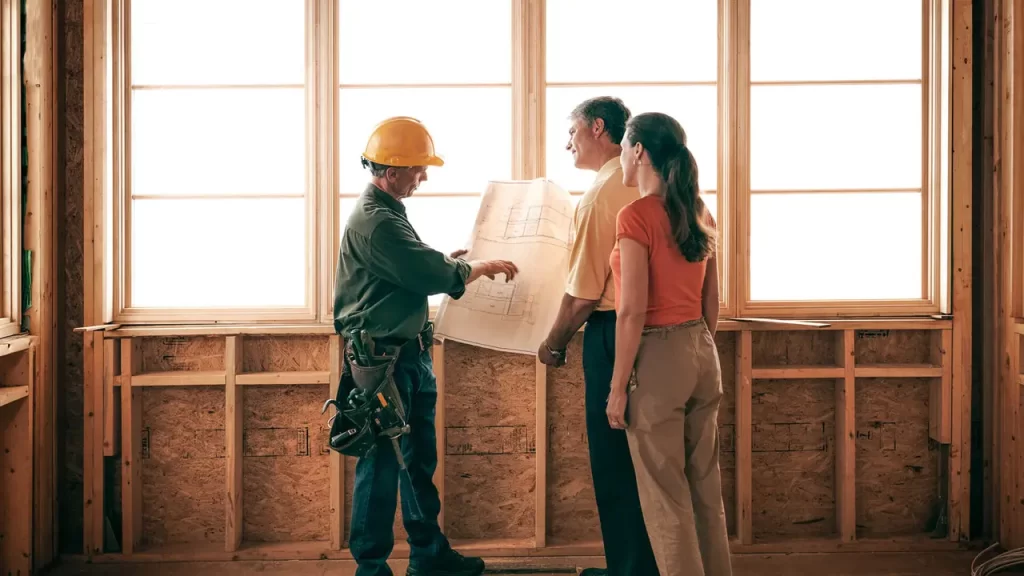
If you’ve watched HGTV long enough, you know renovation horror stories. Although many homeowners encounter minimal renovation issues, it’s paramount to safeguard against potential problems. Electrical or plumbing issues can lurk behind perfectly painted walls and go undetected until the demolition process. Most experts recommend setting aside 15-20% of the contractor’s renovation cost to confront these unexpected issues. This amount may sound like a hefty sum, but it guarantees these repairs won’t sink your budget. Plus, if you do not encounter any problems, you will have extra funds to invest in renovations you might have initially shelved.
4. DIY When You Can
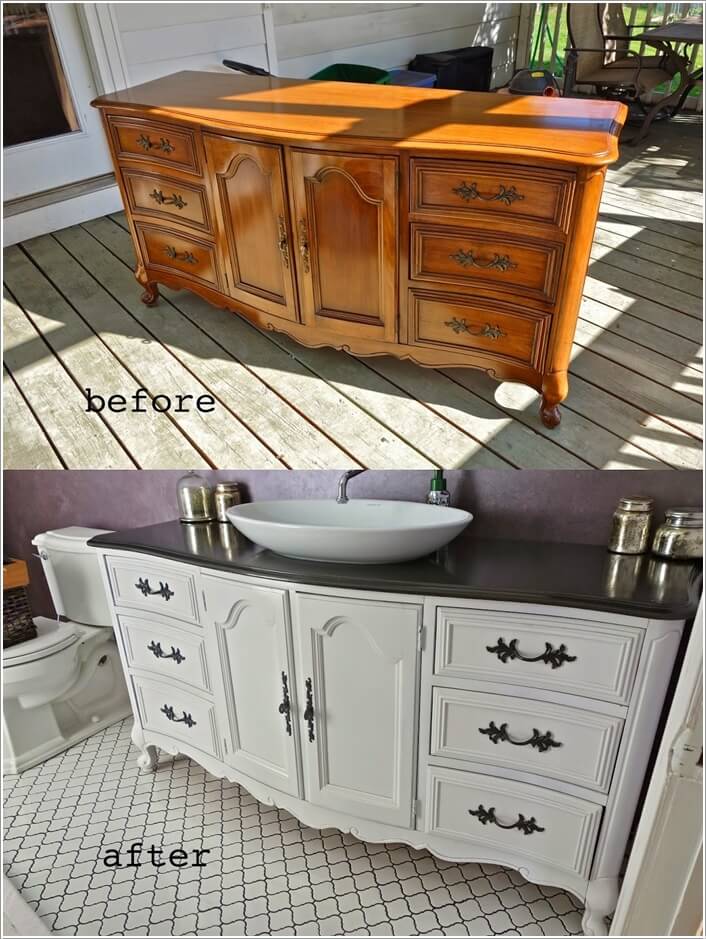
Unless you have extensive renovation experience, you should leave the plumbing to the professionals. However, there are some basic renovations anyone can accomplish. Most contractors will charge you for any extra work, so taking care of minor repairs in advance can help you stick to your renovation budget. For example, you can easily fill in holes in the wall or nail down loose floorboards. Furthermore, Chris Dossman, a real estate agent in Indianapolis, says that removing and discarding your old carpet can significantly cut labor costs on the installer’s bill. Then, when the contractor comes in, they can focus on major repairs.
You can take on design-oriented projects like painting rooms or repurposing furniture. With countless DIY videos on the internet, you can spruce up your home and avoid an expensive trip to the furniture store. Lake Homes Lifestyles also has helpful DIY tips to get you started.
5. Know When to Splurge and When to Save
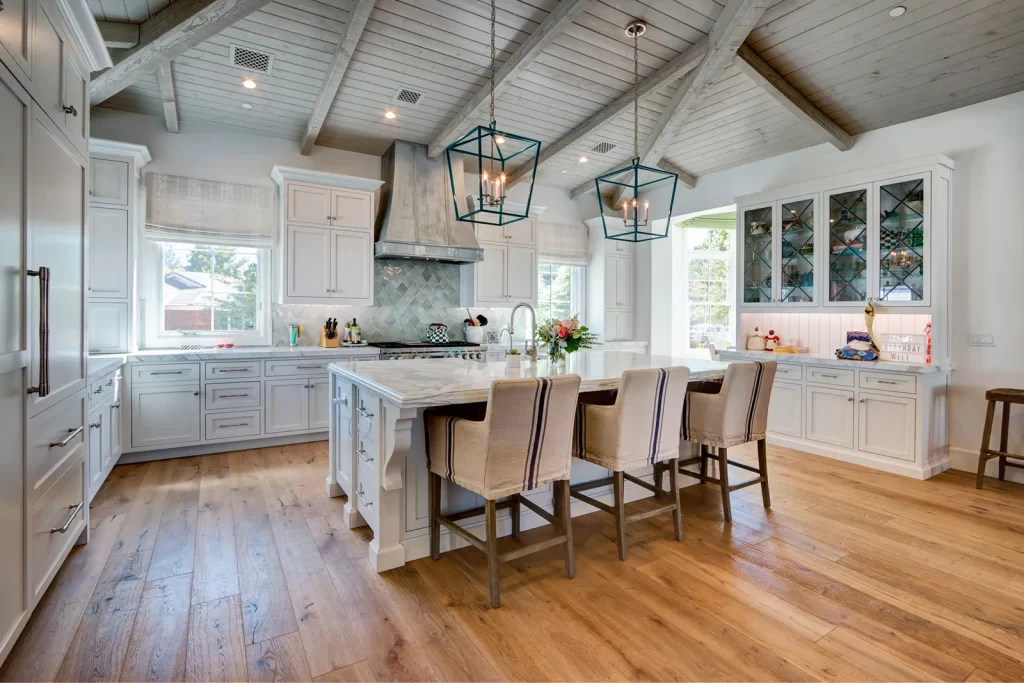
Splurging does not equal excess when you’re increasing your home’s value. Reggev pinpoints windows, appliances, and doors as a few key examples of where you can splurge and gain revenue in the long run. To decide when to splurge, Hamidi recommends splitting your budget into needs and wants, with essential items falling under the needs category. The needs—such as adding an extra bedroom or bathroom—will increase your lake home’s value if you decide to sell it. On the other hand, an outdoor waterfall might be a unique feature, but it isn’t guaranteed to enhance your home’s marketability. Therefore, it would be better to cut that expense than the extra bathroom—and having your renovations categorized simplifies this decision.
According to Zillow, you should spend no more on each room than the value of that room as a percentage of your overall house value. For example, a kitchen generally accounts for up to 15 percent of a home’s value. So if your lake house is worth $500,000, you wouldn’t want to spend more than $75,000 on the kitchen. Also, consider undertaking several renovations simultaneously. For instance, if you decide to replace your home’s flooring, it would be better to install the new flooring throughout the entire house. It is easier for laborers to accomplish all of this at once, saving you more money in the future.
There’s nothing like enjoying a breathtaking lake view in a home perfectly tailored to your taste. With these five tips in mind, you have the necessary tools to stick to your renovation budget and turn your lake house into your dream home.

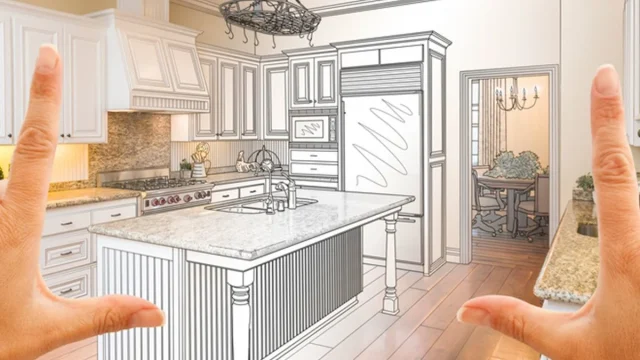

 Highly Recommended
Highly Recommended
 You or your guests will most likely spend at least seven hours per day in the bedroom, probably more. It is one of the things that can turn off anyone who wants to stay for vacation, depending on whether it is well decorated or not maintained properly.
You or your guests will most likely spend at least seven hours per day in the bedroom, probably more. It is one of the things that can turn off anyone who wants to stay for vacation, depending on whether it is well decorated or not maintained properly. Although it may serve as a vacation house, the kitchen still plays a very important role in making the vacation a better experience. In case the kitchen is old or there are numerous aging or damaged cabinets, consider renovating the kitchen.
Although it may serve as a vacation house, the kitchen still plays a very important role in making the vacation a better experience. In case the kitchen is old or there are numerous aging or damaged cabinets, consider renovating the kitchen.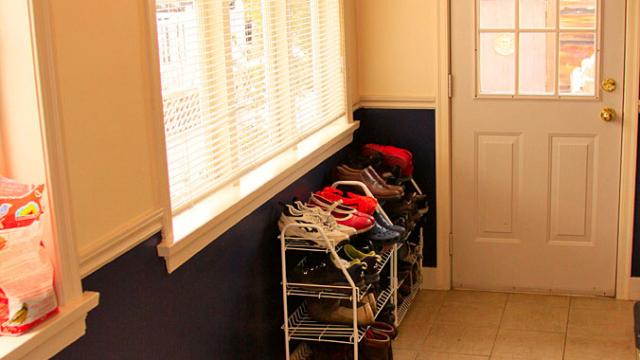
 This room is used as an area where boots, umbrellas, outdoor toys, and many more things are stored. It is recommended that mudroom is made of wood or ceramic tile flooring for easy clean up.
This room is used as an area where boots, umbrellas, outdoor toys, and many more things are stored. It is recommended that mudroom is made of wood or ceramic tile flooring for easy clean up.

 Type of Roof: The type of roof should also be considered when you are building or remodeling. A metal roof could help add extra weight bearing capacity needed for long lasting protection. In some areas, windy conditions will blow away parts of a shingle roof. This can cause leaks (that will cause more damage to your home). In some colder locations, these shingles become brittle and break during high wind conditions, causing the same potential for leaks.
Type of Roof: The type of roof should also be considered when you are building or remodeling. A metal roof could help add extra weight bearing capacity needed for long lasting protection. In some areas, windy conditions will blow away parts of a shingle roof. This can cause leaks (that will cause more damage to your home). In some colder locations, these shingles become brittle and break during high wind conditions, causing the same potential for leaks.